Quiz Yourself
Turtle Quiz
Turtle Quiz
How much do you know about our reptile friends?
There is a small wait at the end while we tally your score, please stay on the page.
How do microplastics impact sea turtles?
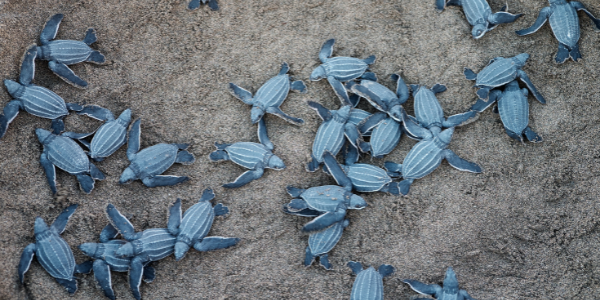
Unfortunately, sea turtles often mistake small pieces of plastic, known as microplastics, for prey such as jellyfish. This misunderstanding leads to the ingestion of these harmful particles, posing a serious threat to the health and well-being of sea turtles. The ingestion of microplastics can result in internal damage, disruption of their digestive system, and an increased vulnerability to other environmental stressors.
Approximately, how many species of turtle are there?
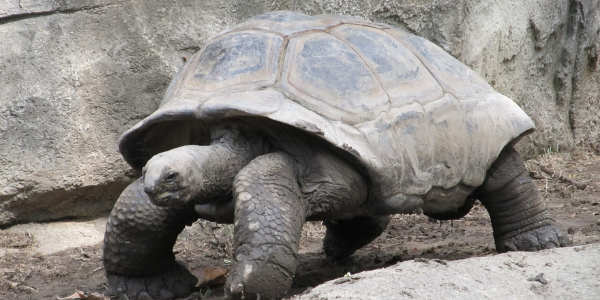
There are over 350 turtle species in the world, living on all continents except Antarctica! Turtles can also be found in freshwater and saltwater environments.
What is the difference between a turtle and a tortoise?
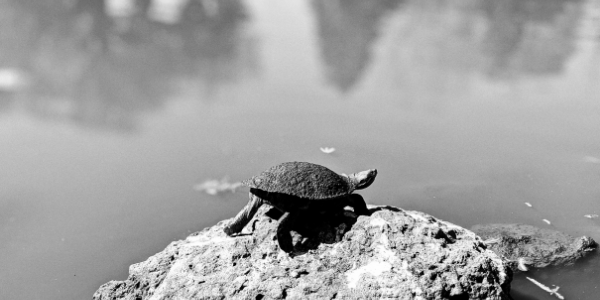
According to the Nashville Zoo at Grassmere, all of these physical characteristics are ways that turtles and tortoises differ.
What is a common consequence of sea turtles ingesting microplastics?

When sea turtles ingest microplastics, these tiny particles can accumulate in their digestive tracts, causing blockages and hindering the normal digestive process. This, in turn, leads to malnutrition as the turtles are unable to absorb essential nutrients from their actual food. The long-term consequences can be severe, impacting the overall health and reproductive capabilities of these marine creatures.
Approximately how many turtle and tortoise species are considered threatened?
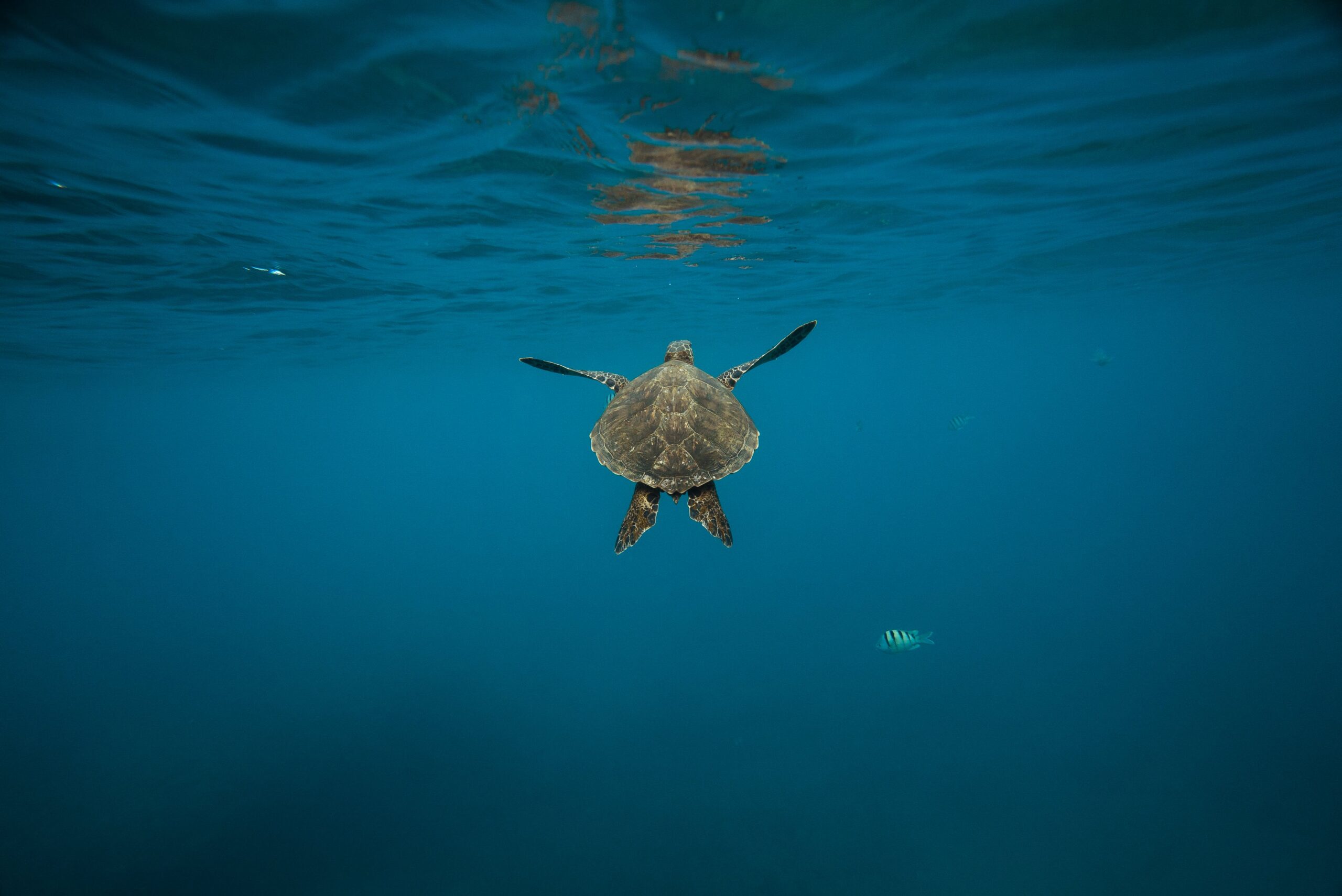
Sadly,187 turtle and tortoise species are considered threatened under the IUCN Red List Criteria. Of these, 127 are considered endangered or critically endangered. Many could go extinct this century.
True or False: Plastic bags actually help sea turtles because they use the bags to catch prey.
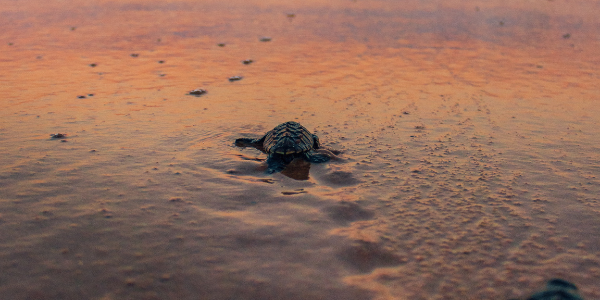
False! Unfortunately, sea turtles can mistake plastic and other garbage for jellyfish and when they consume this debris, they cansuffer blockages in their digestive systems that may lead to their death. In other cases, plastic can get trapped in a sea turtle’s gut, damaging its ability to absorb food and nutrients and weakening the animal over time. An estimated 1,000sea turtles die every year from trying to digest plastic.
True or False: It is illegal in the United States to buy, sell, or keep a ‘turtle shell guitar’ made after 1973.

True! For many years,guitars along with eyeglasses and hair accessories were made from turtle shells. With the passage of the Marine Mammal Protection Act in 1972, and the Endangered Species Act in 1973, it is illegal to own a "turtle shell guitar" made after the passage of these two Acts.
Which of the following is a way that you can help sea turtles?
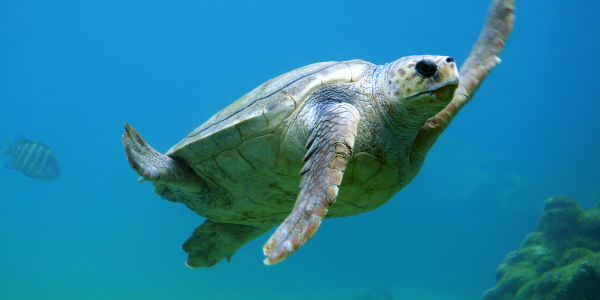
The National Oceanic and Atmospheric Administration NOAA recommends helping sea turtles in all of these ways! When it comes to the beach, you can protect sea turtles and their habitat by volunteering for coastal cleanups, keeping nesting beaches dark, removing recreational equipment at night, and removing obstacles like sandcastles when done. By carrying reusable plastic bags and water bottles, you cut down on harmful debris that can end up in the ocean. Finally, making sure that you understand where and how your seafood was caught will ensure that it was done so in ways that did not harm or kill sea turtles.
How long have turtles lived on Earth?
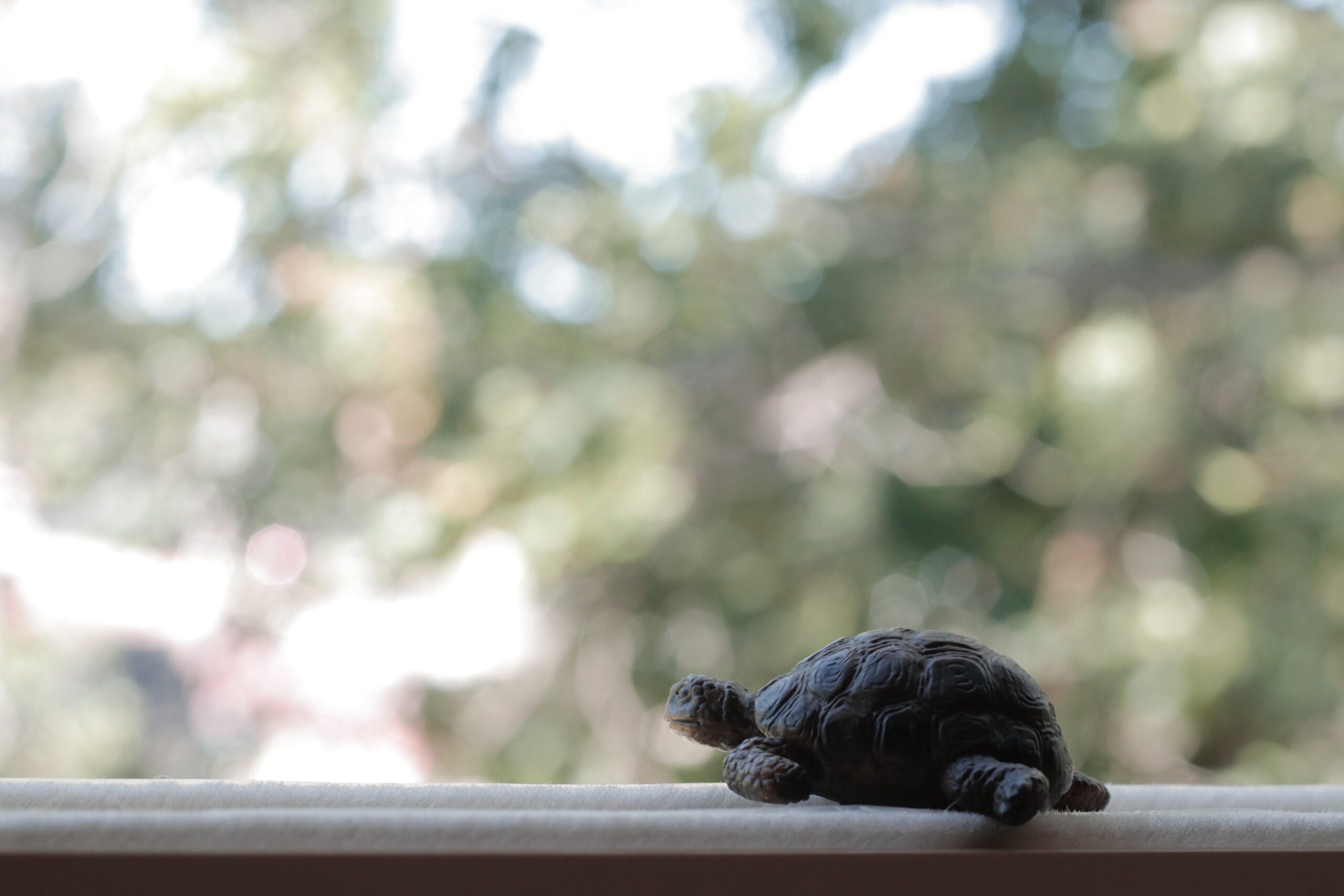
The earliest known turtle is Eunotosaurus africanus, which lived 260 million years ago! That’s earlier than the first known dinosaur (243 million years ago) and the first known human ancestor (4million years ago).
How far does a sea turtle travel a year?
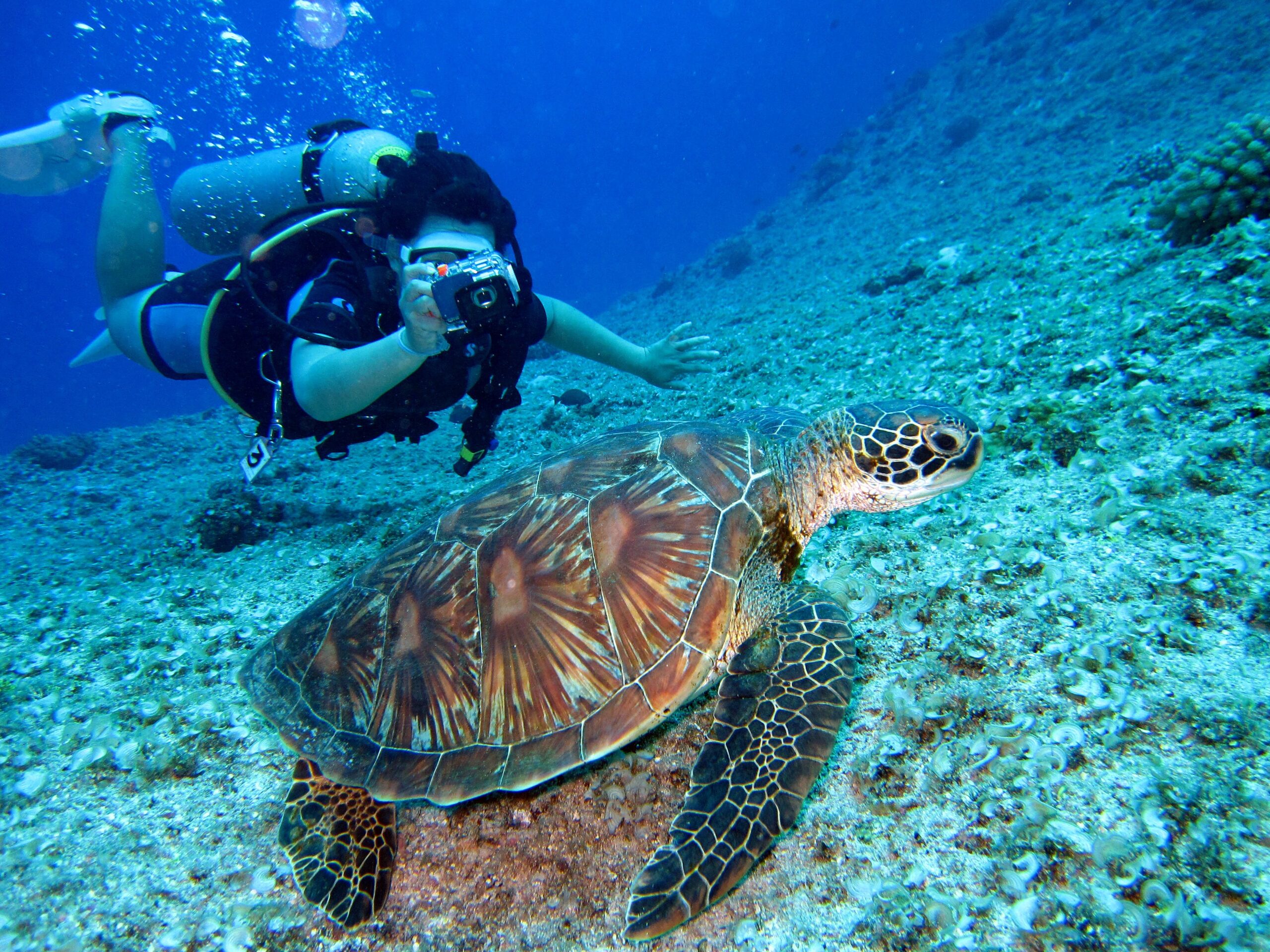
The leatherback sea turtle is one of the most highly migratory animals on earth, traveling as far as 10,000 miles or more each year between foraging grounds in search of jellyfish.
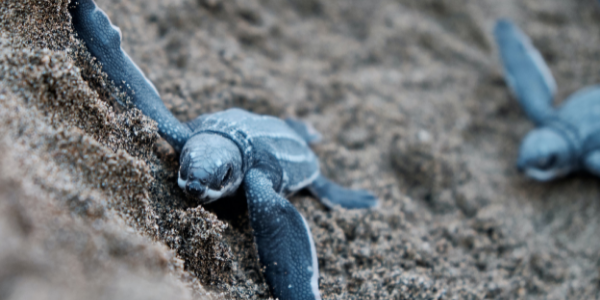
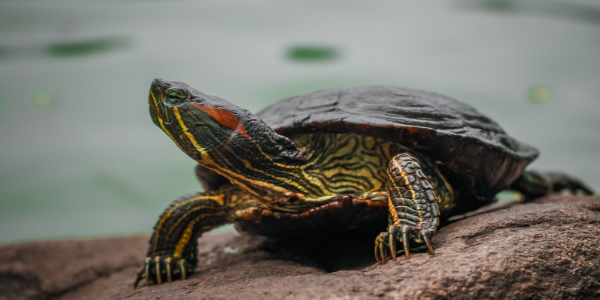
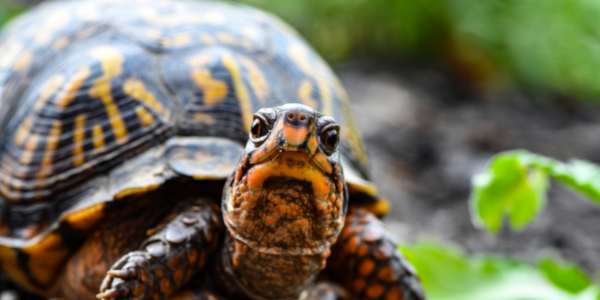
Share your Results:
Learned something? Check out our other quizzes:
Go back to quizzes